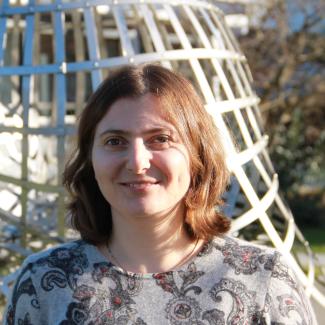
About
The last decade has brought a series of new theoretical results in database theory that have led to novel query evaluation and optimization algorithms, new information-theoretic approaches to cardinality estimation, dichotomy results for incomplete and for probabilistic databases, tight bounds for the answer enumeration problem, new optimization techniques for tensor algebras, and extensions of logic semantics from the Boolean to arbitrary semirings. The common denominator of these results is their reliance on logic, in that they apply to queries expressed in some logic. During the same time period, the complexity community on the one hand and the knowledge representation community on the other hand have produced results that inform and strengthen the developments in database theory. They include results in fine-grained complexity that establish sharp bounds for the model checking problem of first-order formulas, with immediate application to the query evaluation problem in databases; results on polytope fooling that have the potential to lead to improved algorithms for query evaluation on probabilistic databases; novel implementations of probabilistic logic programs based on circuits (e.g., ProBlog); novel approaches to knowledge inference such as new statistical relational learning (e.g., PSL), and novel circuit-based knowledge compilation techniques (decision diagrams such as SDDs, sum-product networks).
The program on Logic and Algorithms in Database Theory and AI brings together researchers from all three communities: database theory, complexity, and knowledge representation. The explicit goal of the program is to study the subtle interaction between logics and the algorithms that they inspire. The program will have four themes: aspects of logical query evaluation; fine-grained complexity through the lens of logic; logic-based aspects of circuit complexity and model counting; and extensions of logics to semirings and aggregation.
Click here to subscribe to our news and events to learn more about this and other events.
This program is supported in part by RelationalAI.








